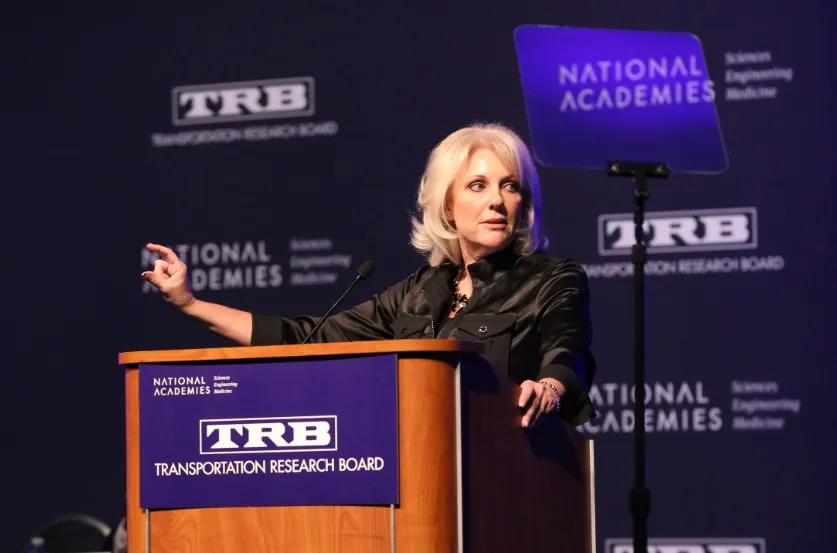
Paul Campion, CEO of TRL highlights the way that working from home "can make big differences to those who have no choice but to travel every day, and whose contribution to society is bigger than we have been telling ourselves, up to now".
He insists that the “coronavirus pandemic is above all a human tragedy": this is what makes it so important to draw the right conclusions from it.
“Precisely because of this huge cost, it is vital that we learn as many lessons as we can,” he says.
Covid-19 has forced countries and governments to do things differently.
“Here is a massive disruption to ‘business as usual’ which has, suddenly and dramatically, changed how we have been operating; a natural experiment, if you like,” he writes.
“Almost overnight road traffic melted away, trains stopped running, planes stopped flying, buses emptied, people stayed at home.”
Applauding the steps taken by authorities all over the world to extend infrastructure for cycling and active travel, he says: “It is encouraging to see a practical response to the realisation that quiet streets in towns and cities, clean air, and the ability for families to walk and cycle together in safety, are possible after all.”
But he adds that bigger lessons must be learned and action taken.
“Climate change, unless mitigated, will make the havoc wrought by Covid-19 look like a (regulated, once a day) walk in the park,” Campion insists.
“We have an unnegotiable imperative to decarbonise transport. Unless we can find ways to do so without requiring everyone to massively lower their quality of life, we will find it even harder to implement than it already looks.”
He suggests that this “huge, tragic, experiment has taught us… that habits and preferences can change overnight, if the circumstances are right”.
Many companies and staff now realise that it is possible to work hard and be productive without travelling to a place of work, for instance.
“A key lesson from this crisis is that we will not be able to tell ourselves any more that there are no alternatives, or that there are not costs associated with our choices,” Campion adds.
“So let us learn this: we can think of new, and maybe better futures for transport that truly benefit our societies and help prevent a climate disaster,” he concludes.
“We have the chance to tell ourselves new stories, and new stories can lead to very different outcomes.”









